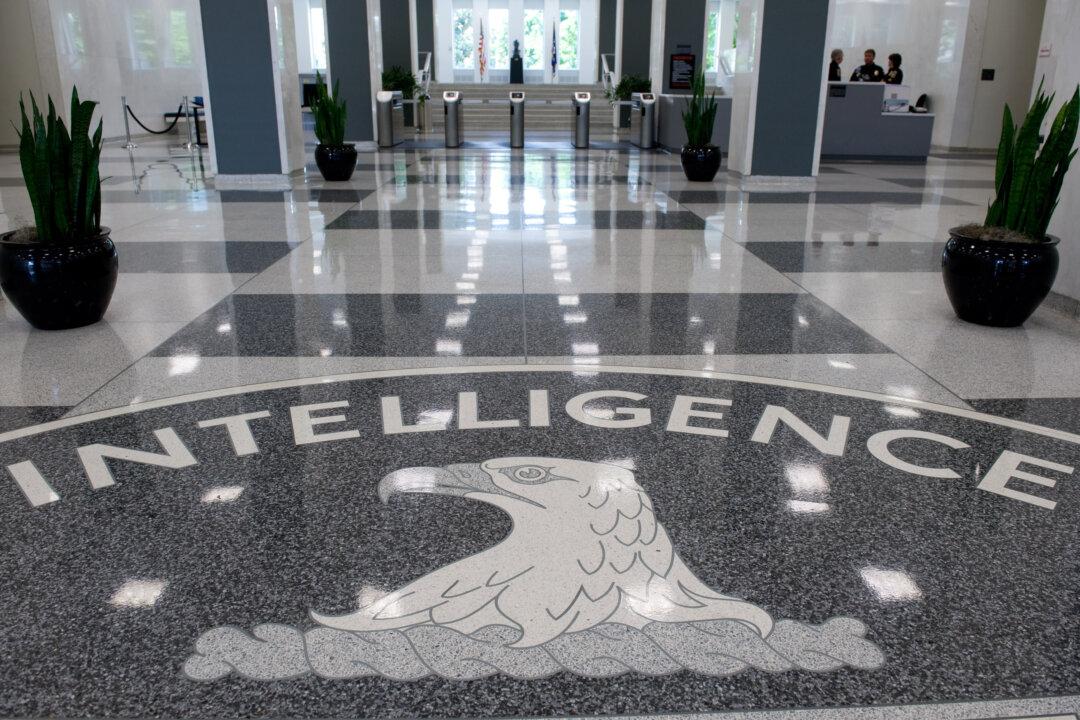When the whistleblower who triggered the current presidential impeachment inquiry submitted his complaint on Aug. 12, Intelligence Community Inspector General (ICIG) Michael Atkinson acted promptly to investigate the complaint and escalated it to the director of national intelligence within the timeline prescribed by the law.
Although Director of National Intelligence Joseph Maguire missed the deadline to forward the complaint to Congress, the delay was brief. Maguire made the complaint public on Sept. 26, just 45 days after the whistleblower originally filed the complaint. While six weeks may seem like a long time for a complaint that Atkinson determined to be “urgent” and appeared “credible,” it would seem fast-tracked to scores of whistleblowers in an intelligence community that repeatedly failed to protect them.





